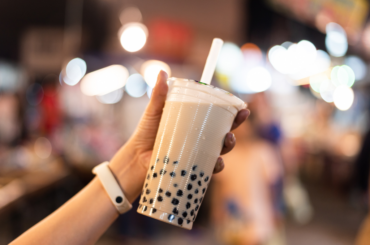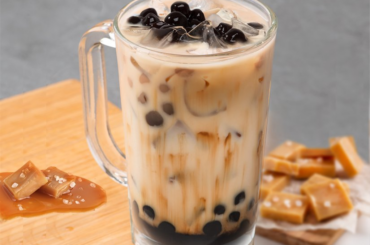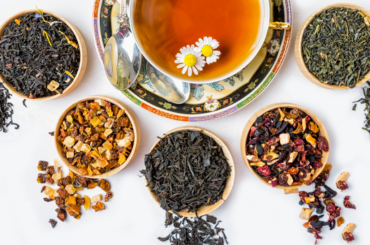Food is a significant part of our daily lives. It can make a huge difference to our health. That’s why it’s important to have a well-balanced diet. When our body can digest our food well, more nutrients get absorbed, and the healthier we become.
Digestion is the process by which food and other matter are broken down into smaller particles that the body can absorb. It’s essential to your health, but sometimes issues can lead to poor digestion. If you’re dealing with digestive problems, it’s important to find teas that aid in digestion. You might wonder, “What tea is best for digestion?” We’ll discuss some of our favorite herbal remedies for improving digestion. While they are, in general, safe to consume for healthy people, the same can’t be said for those with existing health conditions. Remember that these teas are not medications that will always cure indigestion or its underlying causes. If stomach pain or indigestion persists, it’s best to consult your doctor.
Looking for herbal teas for digestion? We’ve rounded them up for you.
Teas for Digestion
- Ginger Tea
- Peppermint Tea
- Gentian Root Tea
- Fennel Tea
- Angelica Root Tea
- Dandelion Root Tea
- Chamomile Tea
- Senna Tea
- Marshmallow Root Tea
- Black Tea
- Licorice Root Tea
- Lemongrass Tea
- Clove Tea
- Cinnamon Tea
Best Teas That Aid Digestion
Indigestion is a common problem that many people experience. Food sensitivities, stress, poor digestion, or other factors typically cause indigestion. If you have indigestion often, you may want to try one of these teas that are good for digestion to see if they help with your symptoms:
Ginger Tea
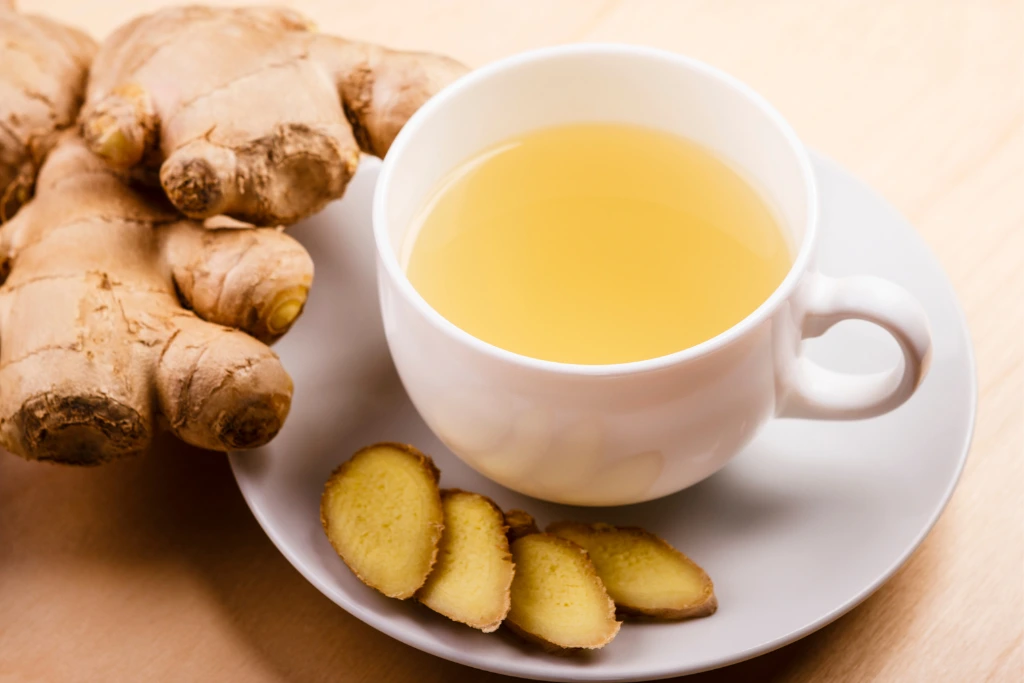
One of the best teas for gut health is ginger tea. Ginger is a great source of manganese, which helps your body absorb iron. Ginger is also a natural anti-inflammatory and has been used for centuries to treat nausea and vomiting. It’s especially good if you have GERD (gastroesophageal reflux disease), as it can help with acid reflux symptoms like heartburn, chest pain, and belching.
Peppermint Tea
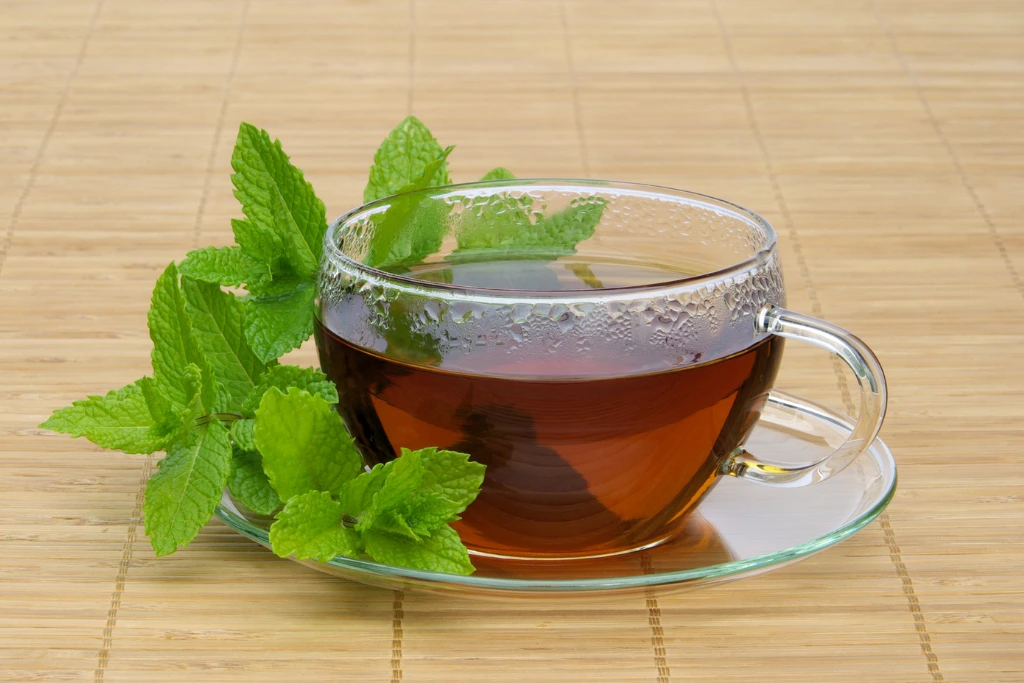
Peppermint tea is another great way to soothe your stomach. Peppermint contains menthol, a compound that can help relieve heartburn and gas. It also has antibacterial properties that fight off bacteria in the intestines and prevent them from wreaking havoc on your digestive system.
Take peppermint tea before bedtime. It helps with indigestion at night when you are sleeping (rather than during the day). This will help you avoid feeling bloated while you’re asleep so that, when you wake up in the morning, there won’t be any lingering discomfort or pain from bloating caused by eating too many rich foods earlier in the day!
Gentian Root Tea
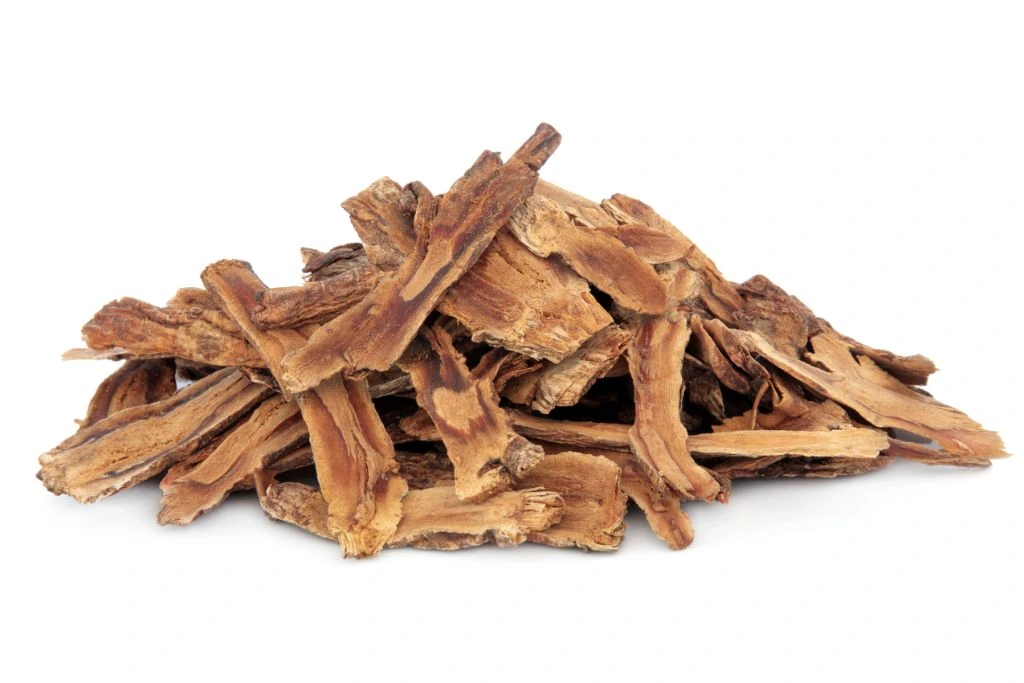
Gentian root is a bitter herb that can help cure nausea, vomiting, and stomach pain. It’s also used to treat digestive problems, such as diarrhea and indigestion.
Gentian root is an anti-inflammatory agent with antibacterial properties. It has been used for centuries as a remedy for intestinal parasites, in addition to its ability to reduce inflammation in the gut due to its high antioxidant content.
Fennel Tea
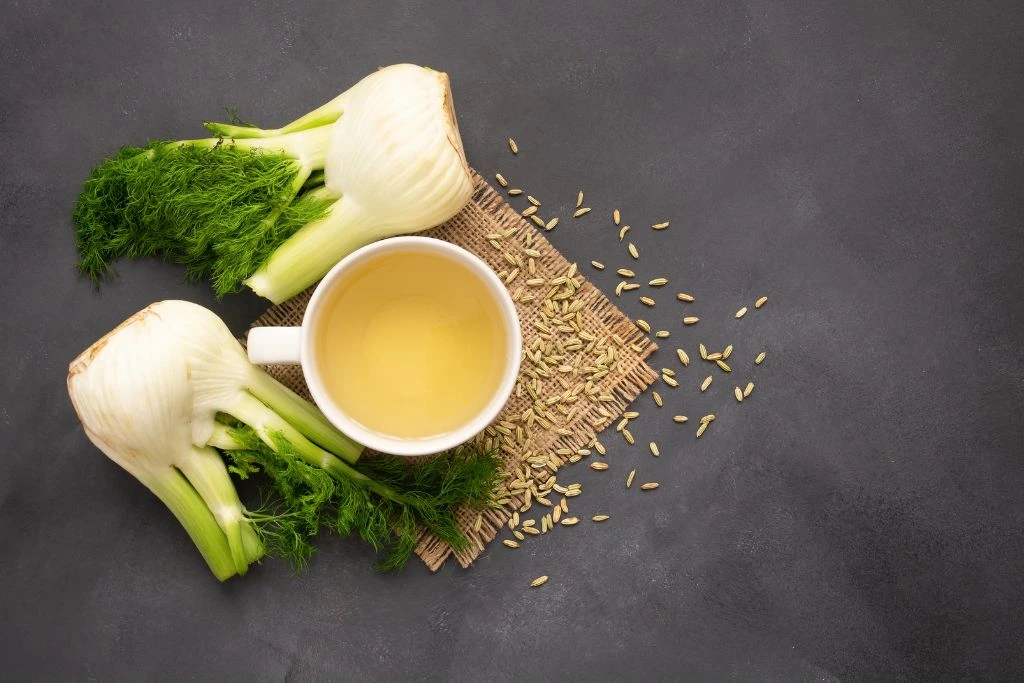
Fennel is a good source of vitamin C, calcium, and iron. It’s also a good source of phytonutrients such as anethole and estragole. These compounds may be responsible for fennel’s ability to treat indigestion, bloating, and gas. They are also anecdotally proven to promote bowel movement. Further studies are still necessary to establish the exact mechanism.
The fennel seeds taste like licorice and are consumable, either cooked or raw.
To enjoy this herb’s health benefits, add 1/2 teaspoon of dried fennel seeds to boiling water. Allow it to steep for 5 to 10 minutes before straining and drinking.
Angelica Root Tea
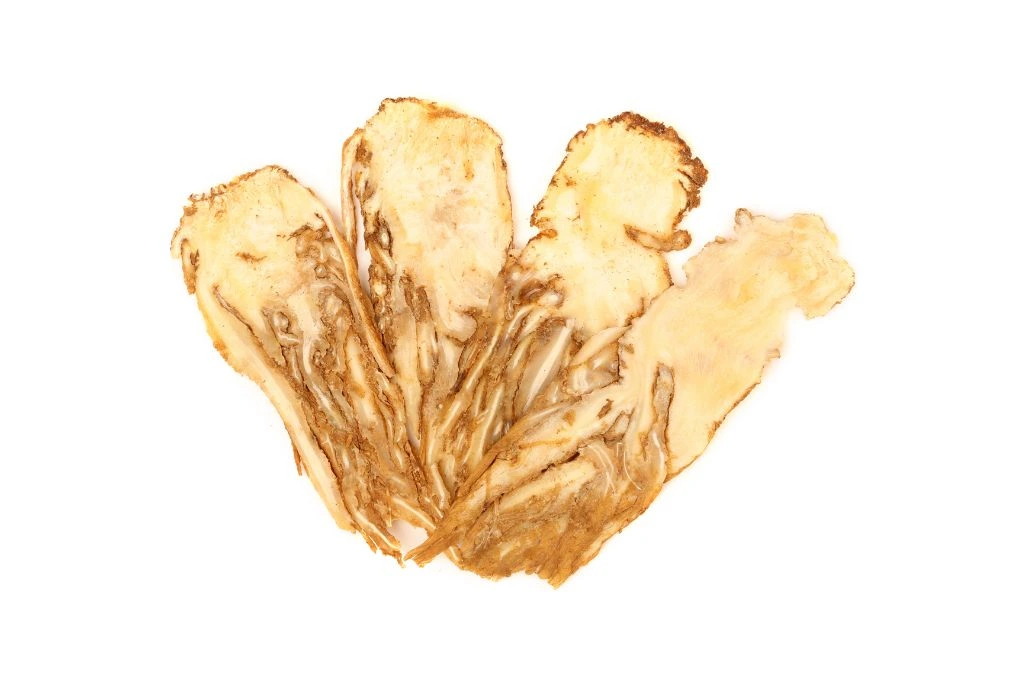
Angelica root has been used to treat colds, coughs, and respiratory problems. Angelica root has a celery-like flavor. It can be used in teas or as an ingredient in juices, smoothies, or cocktails. Most of its parts have been developed as a traditional medication for a number of ailments. Its roots have been critical in aiding digestion.
Studies show the presence of polysaccharides offers digestive tract protection by increasing the number of healthy cells and blood vessels. This process prevents oxidative stress that can cause colitis.
Enjoy the benefits by steeping fresh or dried angelica root for 5 to 10 minutes.
Dandelion Root Tea
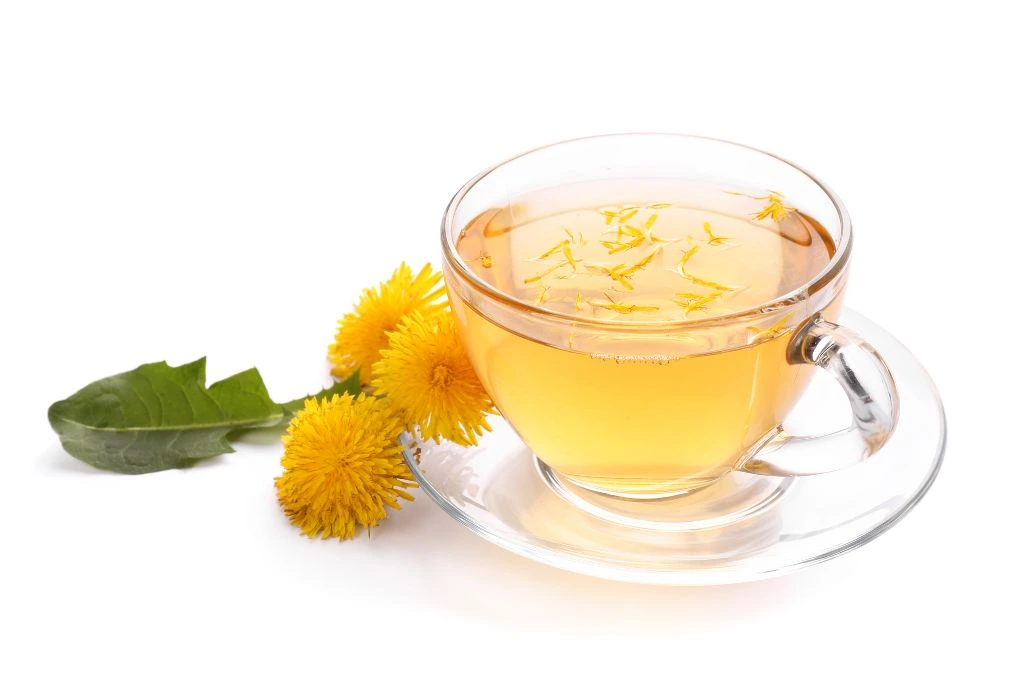
Dandelion root is a good source of potassium, iron, and zinc. It’s also a good source of vitamins C and B. You can use it to treat anemia and boost your immune system.
It contains iron, essential for red blood cells to carry oxygen in the body. This can help prevent fatigue and improve digestion by keeping the stomach acid at low levels so that food will better digest nutrients instead of being trapped within your digestive tract, causing discomfort or even pain.
Chamomile Tea
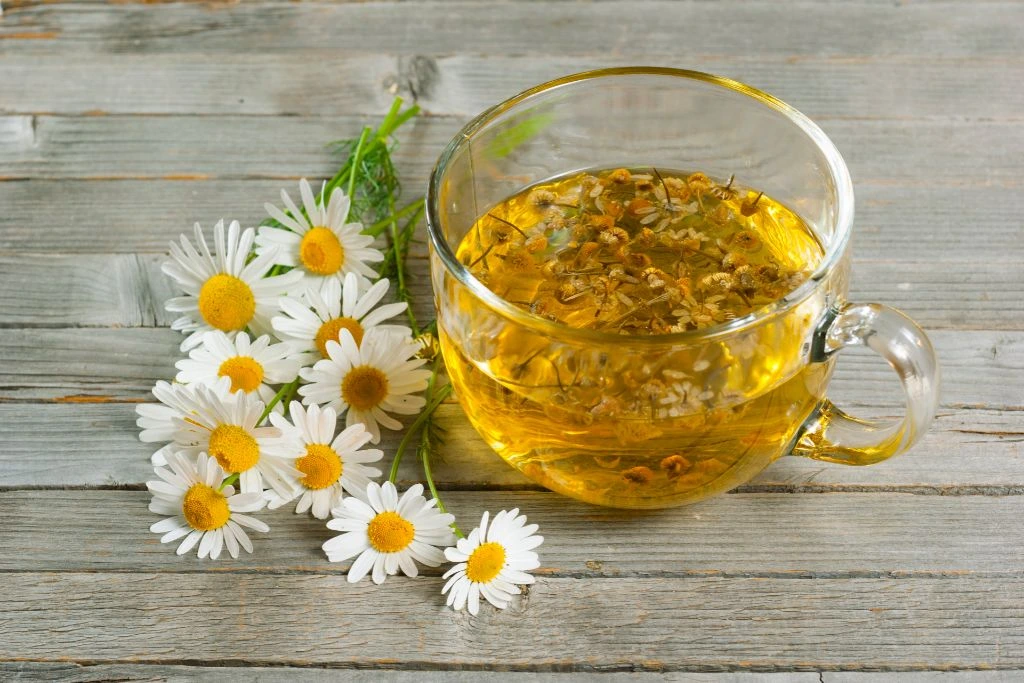
Chamomile is a calming herbal digestive tea that is good for bloating, gas, colic in babies, indigestion, and more.
Chamomile tea has been used in herbal medicine for thousands of years to treat digestive issues like constipation or diarrhea. The ancient Greeks gave chamomile its name because they believed it could calm nervous energy during menstruation or childbirth.
Senna Tea
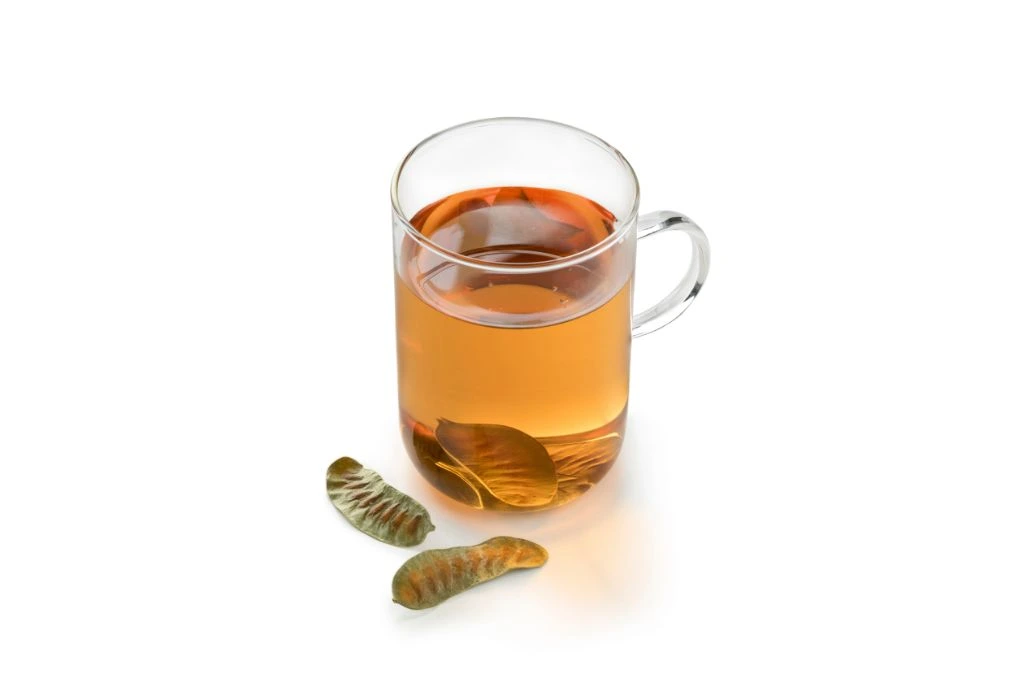
Senna is a plant that grows in warm climates and has been used for centuries to treat constipation. It’s also an effective natural laxative but should be used in small amounts. A teaspoon or two of senna tea at a time (1/2 cup) will do the trick.
Senna can cause side effects like nausea and diarrhea when taken too often or too strong. These symptoms usually go away after your body gets used to senna in your system as your primary source of relief from constipation.
Marshmallow Root Tea
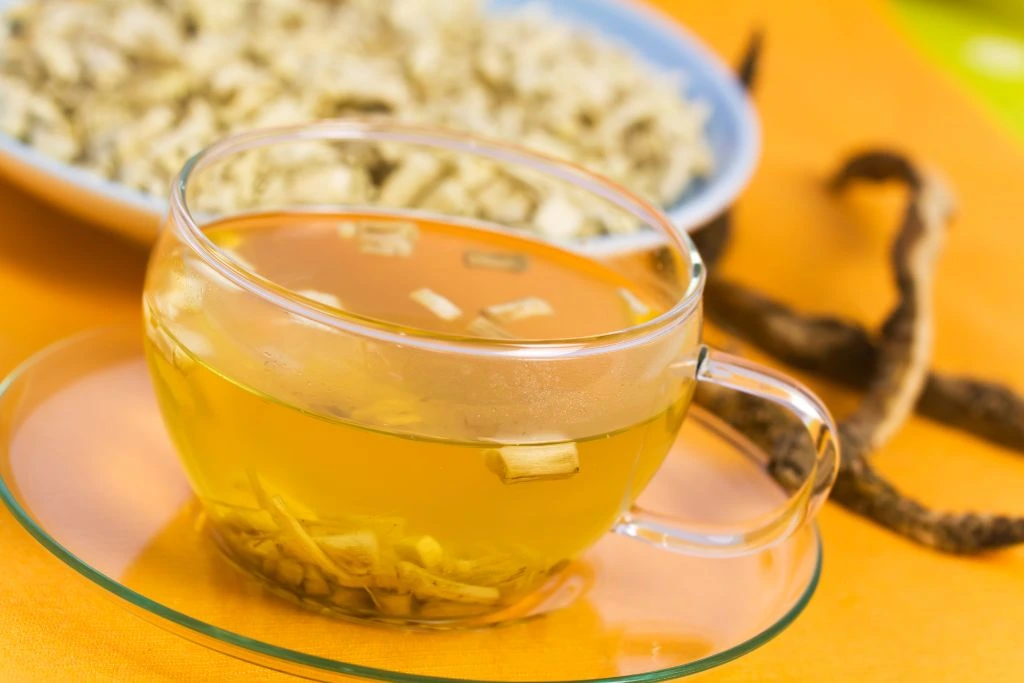
Marshmallow root is a good remedy for diarrhea and colitis. It also helps with stomach ulcers and other digestive issues like heartburn and constipation. The best way to take this is to make marshmallow root tea. Boil a cup of water and add two teaspoons of dried marshmallow root. You can also use marshmallow root tea bags. It’s safe to consume about three to six cups a day.
Black Tea
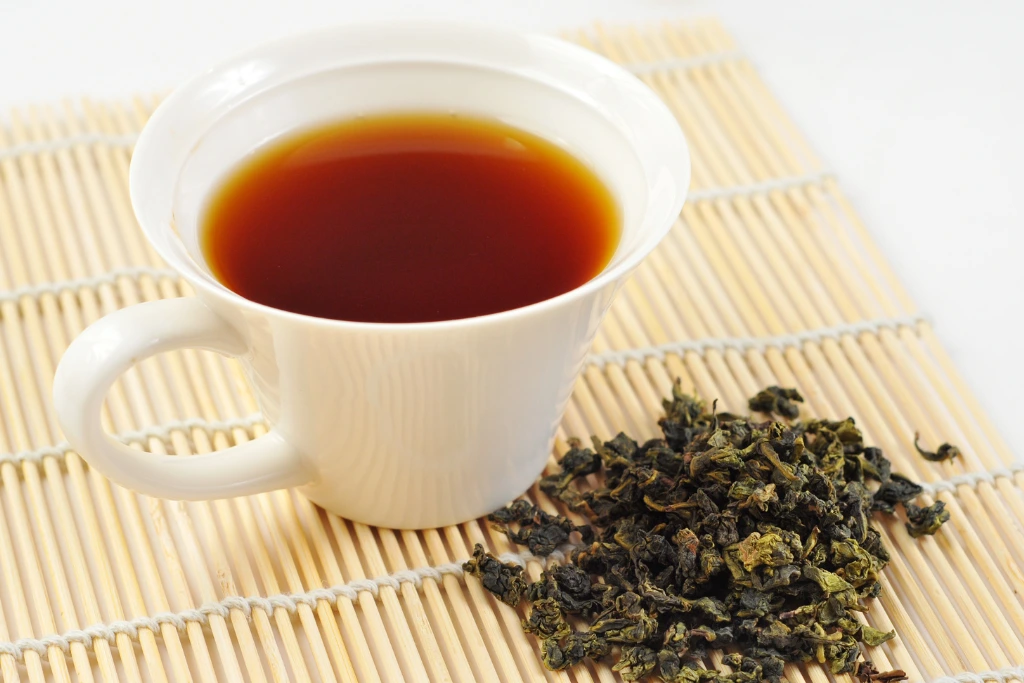
Black tea is a type of tea that is made from the leaves of the Camellia sinensis plant. Black tea has a more robust flavor than green or white tea, and it’s commonly used for making iced tea.
Black tea has been consumed since ancient times, though its popularity in recent years can be attributed to its antioxidant properties. It contains many antioxidants that help prevent disease and aging and keep the body healthy.
These teas help speed up digestion. Its theine content provides a laxative effect that facilitates intestinal transit, so take this tea for digestion. Constipation relief is possible by mixing black tea with honey, or molasses can improve its laxative effect.
Licorice Root Tea
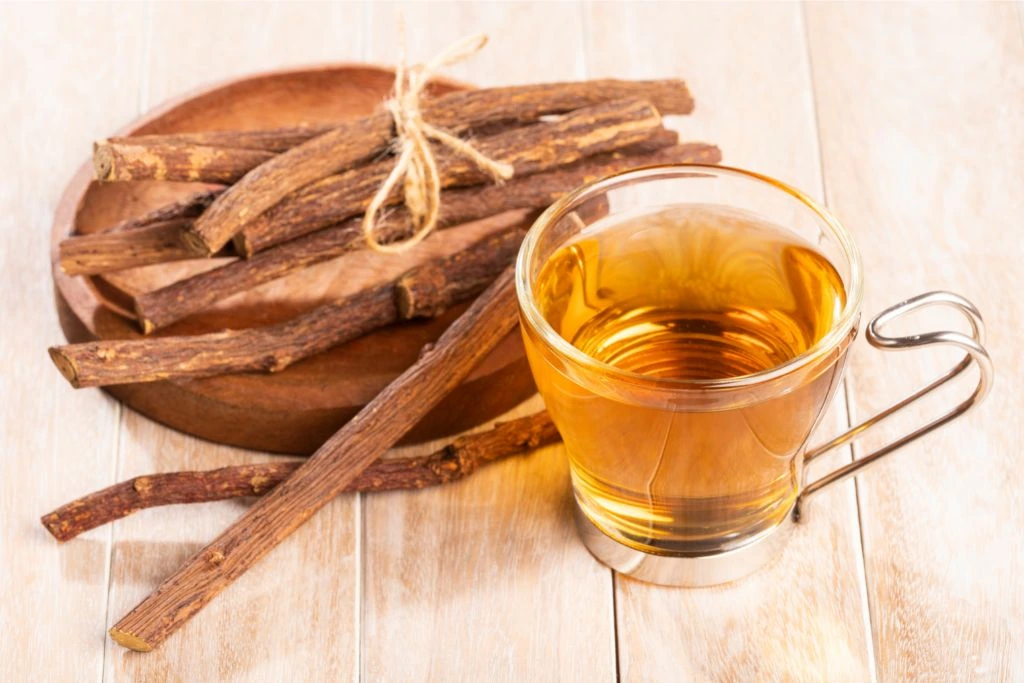
Licorice root tea is also a great choice for people with gastritis, ulcers, and acid reflux. This can be especially helpful if you have had recurrent bouts of heartburn or indigestion.
Licorice root tea works by helping your digestive system process food more efficiently. It also contains antioxidants that fight free radicals in the body. These free radicals may cause damage to cell walls and other tissues in the stomach lining that eventually lead to gastritis.
Lemongrass Tea
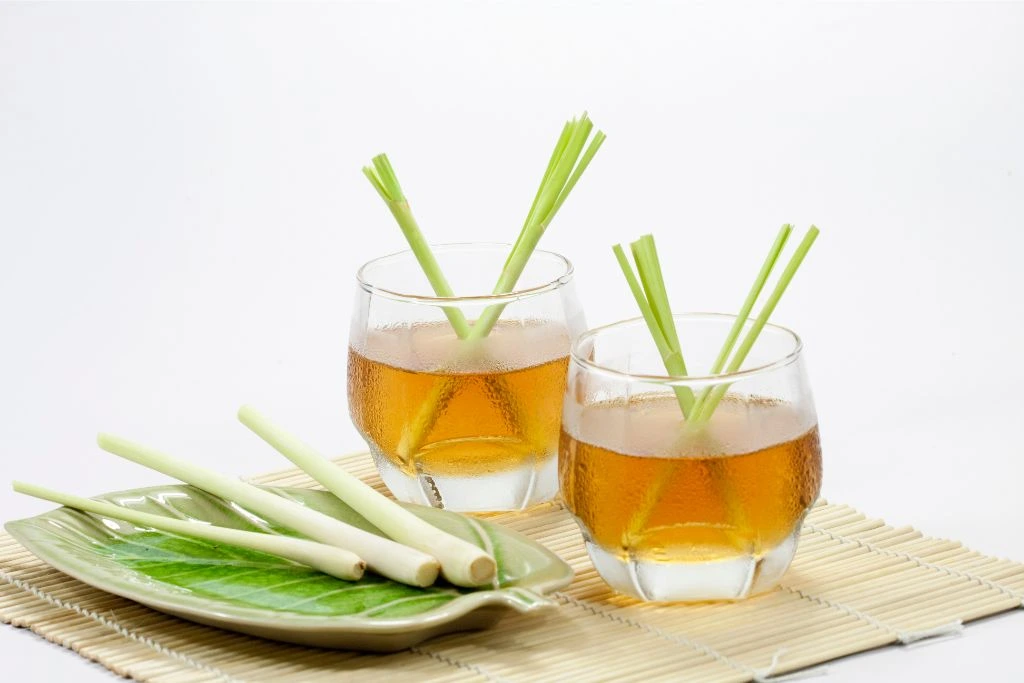
Lemongrass tea is a gentle and effective digestive herbal tea that can help with nausea, indigestion, diarrhea, and heartburn. It’s also a natural diuretic and can help clear excess fluid from your system if you have been drinking too much water.
Clove Tea
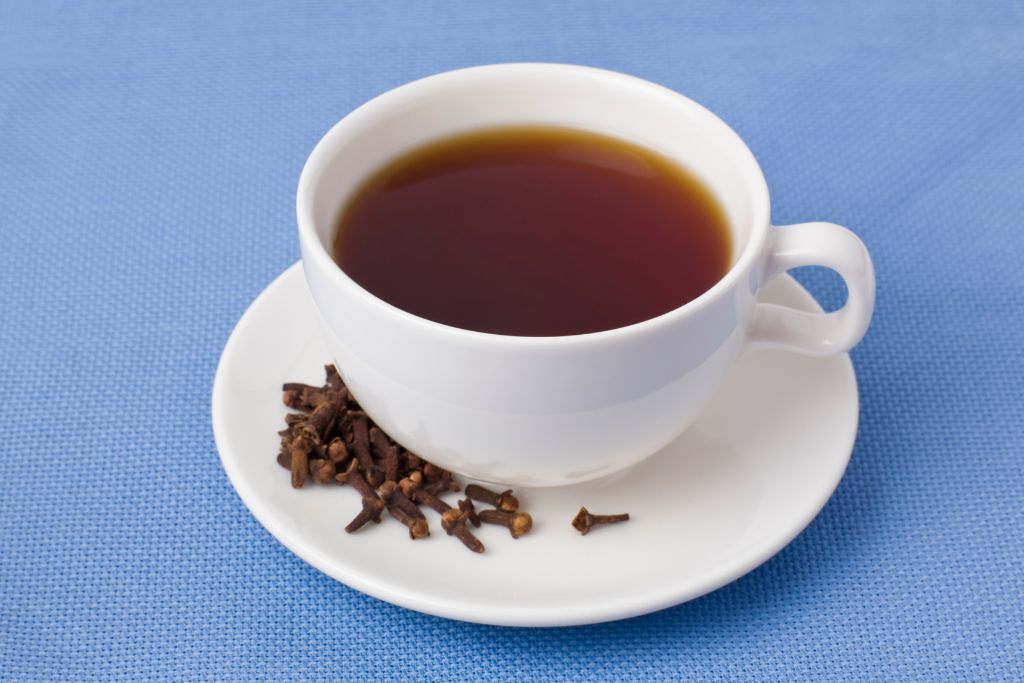
Cloves are a great way to add spice and flavor to your meals. They can be used in cooking or as an ingredient in tea, so they’re not just for dessert! These little cloves of goodness contain a volatile oil called eugenol, which has been shown to help relieve gas, bloating, and nausea.
Cinnamon Tea
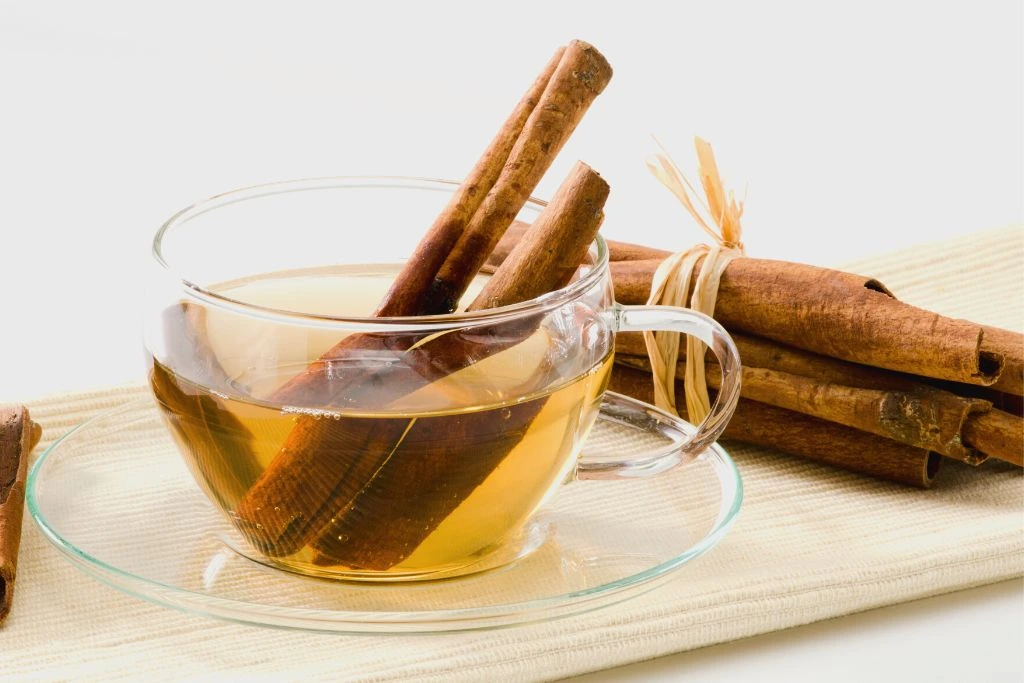
Cinnamon tea is a great option for people who don’t like the taste of black tea but still want to enjoy its health benefits. Cinnamon tea contains antioxidants and anti-inflammatories that can help improve digestion and alleviate digestive issues, such as ulcers and diarrhea.
Cinnamon tea is an excellent alternative if you’re sensitive to caffeine or just plain hate the taste of black tea (or any other kind). It can be sweetened with honey or sugar but don’t forget that this drink has plenty of caffeine!
Conclusion
If you plan on adding herbal teas for digestion, start with low doses first. Monitor how your body reacts to the tea and its effects. Consult your doctor if you have a health condition or are taking any medications that may interact with the tea.
If you want to try out some new and exciting teas, you should try some of the ones mentioned above. There’s no better way to get rid of digestive problems than with natural remedies like these!
FAQs
When should I drink tea for digestion?
Teas for digestion provide the best results when taken in the morning. It helps cleanse the digestive tract and hydrate your body.
Why do Japanese people drink tea after a meal?
Most Asians consume tea after a meal because it helps them wash down the food. This action clears the throat by easing off the accumulation of mucus. It also facilitates the breakdown of food better. The meals are digested better and faster.
Is it good to drink ginger tea every day?
Yes. Daily consumption of ginger tea can help your body fight off germs, inflammation, illnesses, and other sickness-inducing elements. Consuming ginger tea every day can be a good overall health support. A fair word of caution: consult your doctor if you have any conditions that may warrant a thorough check-up before adding ginger tea to your diet.


